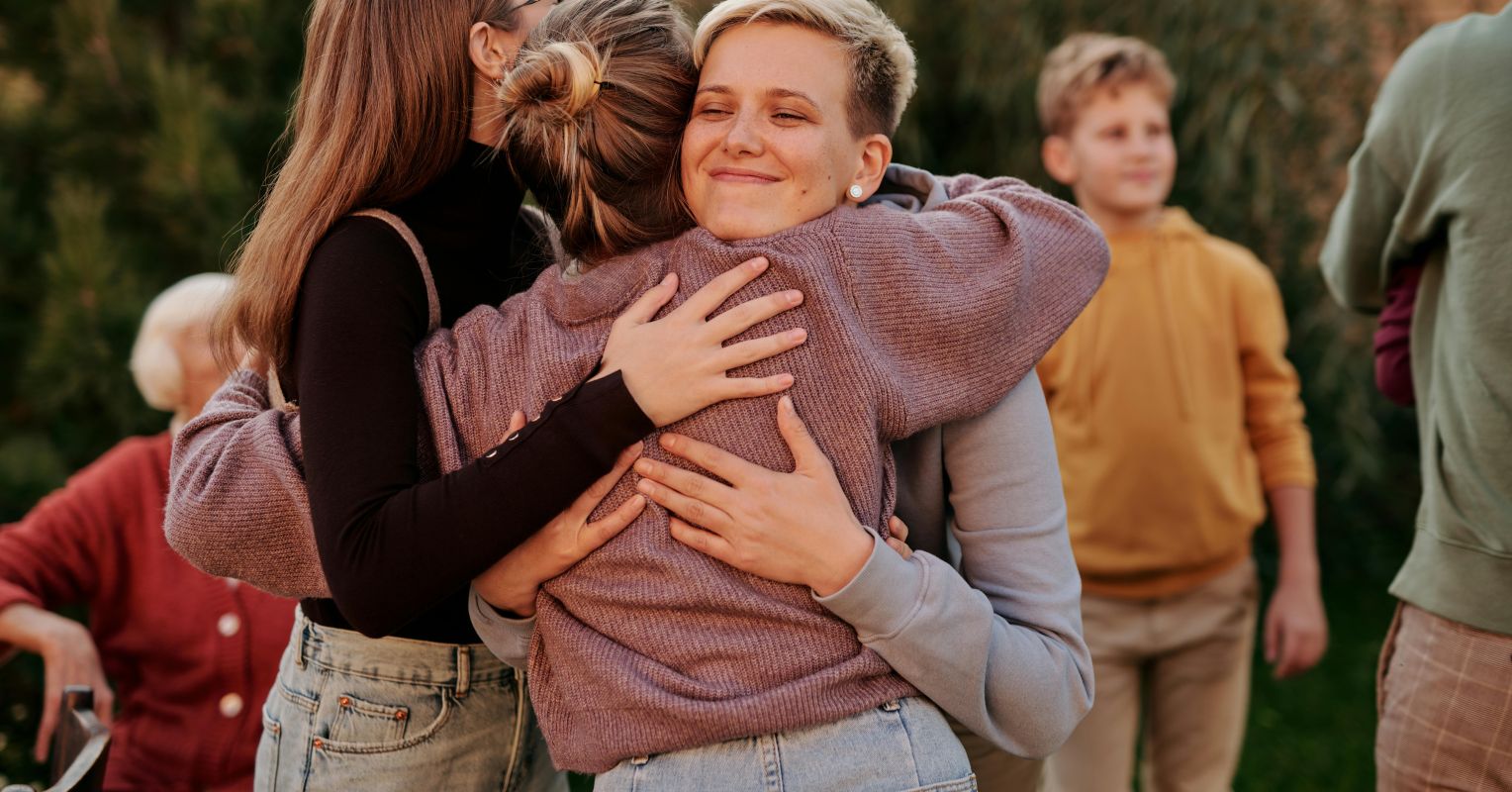
In our pursuit of a better life, we often focus on goals like career advancement, financial stability, personal health, or self-improvement. While all of these are undeniably important, there’s one vital aspect that often doesn’t get the attention it deserves: our connection with others.
Social connection—whether with family, friends, colleagues, or others—is not just emotionally enriching; it’s essential for a life of meaning, purpose, and well-being.
Social Connection and Mortality
This insight is not new. For decades, research in psychology, epidemiology, and social sciences has continued to confirm the powerful role of social connection in our lives. According to a large-scale meta-analysis of 148 studies involving more than 300,000 respondents (Holt-Lunstad et al., 2010), stronger social relationships were associated with a 50 percent reduction in the risk of mortality compared to weaker social connections.
The study authors emphasized that the impact of social isolation or loneliness on mortality risk is comparable to that of well-known risk factors such as smoking and obesity. Their findings highlight the importance of social connection as a determinant of health and longevity, suggesting that the quality of our relationships directly influences not just how we feel but also how long and how well we live.
A recent study (Waldinger & Schulz, 2023) echoes these insights. The Harvard Study of Adult Development, one of the longest-running studies on human happiness, found that “close relationships, more than money or fame, are what keep people happy throughout their lives.” As Robert Waldinger, the director of the study, noted: “Good relationships don’t just protect our bodies; they protect our brains.”
Meaningful Social Connections in a Digital World
What is novel today, however, is how we form and maintain these connections in an increasingly digital world. Technology allows us to stay in constant contact, but not necessarily in a meaningful connection. Social media and smartphones offer convenience but can also create a sense of disconnection.
A 2017 study published in the American Journal of Preventive Medicine found that people who spent more than two hours a day on social media were twice as likely to report feeling socially isolated compared to those who spent less time online (Primack et al., 2017). More recent postpandemic research (Bonsaksen et al., 2023) has further underscored how superficial digital interactions can exacerbate loneliness.
The real distinction lies not in whether we connect digitally or in person, but in its quality. A thoughtful video call with someone we care about, whether across the city or the country, can be deeply meaningful. Conversely, regular in-person contact that lacks genuine presence or emotional engagement may still leave us feeling unseen.
Focusing on Ourselves
Some argue that social connection is not always necessary, suggesting instead that we should focus more on ourselves. Periods of reflection, personal growth, or recovery from emotional strain can be deeply restorative. As MIT social psychologist Sherry Turkle writes in Reclaiming Conversation (2015), “Solitude is where we learn to trust ourselves and where we develop a self that we can bring into our relationships.”
Still, we are inherently relational beings. Even when we strive for independence, our development is shaped by the people and relationships that formed us: families, teachers, mentors, and communities. As Brené Brown emphasizes, “Connection is why we’re here, it is what gives purpose and meaning to our lives” (Brown, 2010).
In truth, living well isn’t a binary choice between self and others–it’s about integration. Our well-being is amplified by empathy, compassion, and shared humanity. As philosopher Martin Buber (1970) observed, it is through the “I–Thou” relationship, not just the solitary “I,” that we become fully human. Meaningful relationships help reduce stress, ease adversity, and build emotional resilience. Positive social connections calm the brain and strengthen our ability to cope during difficult times.
As we reflect on what it means to live better, it’s worth asking: Who brings meaning and joy to my life? How am I nurturing those relationships? And how might I offer connection to someone who needs it?
Living better is cultivated and sustained through our ties to others—through relationships, shared experience, and mutual care. When we approach these connections with intention and heart, we move toward a life that is not just better, but whole, grounded, and truly well-lived.
